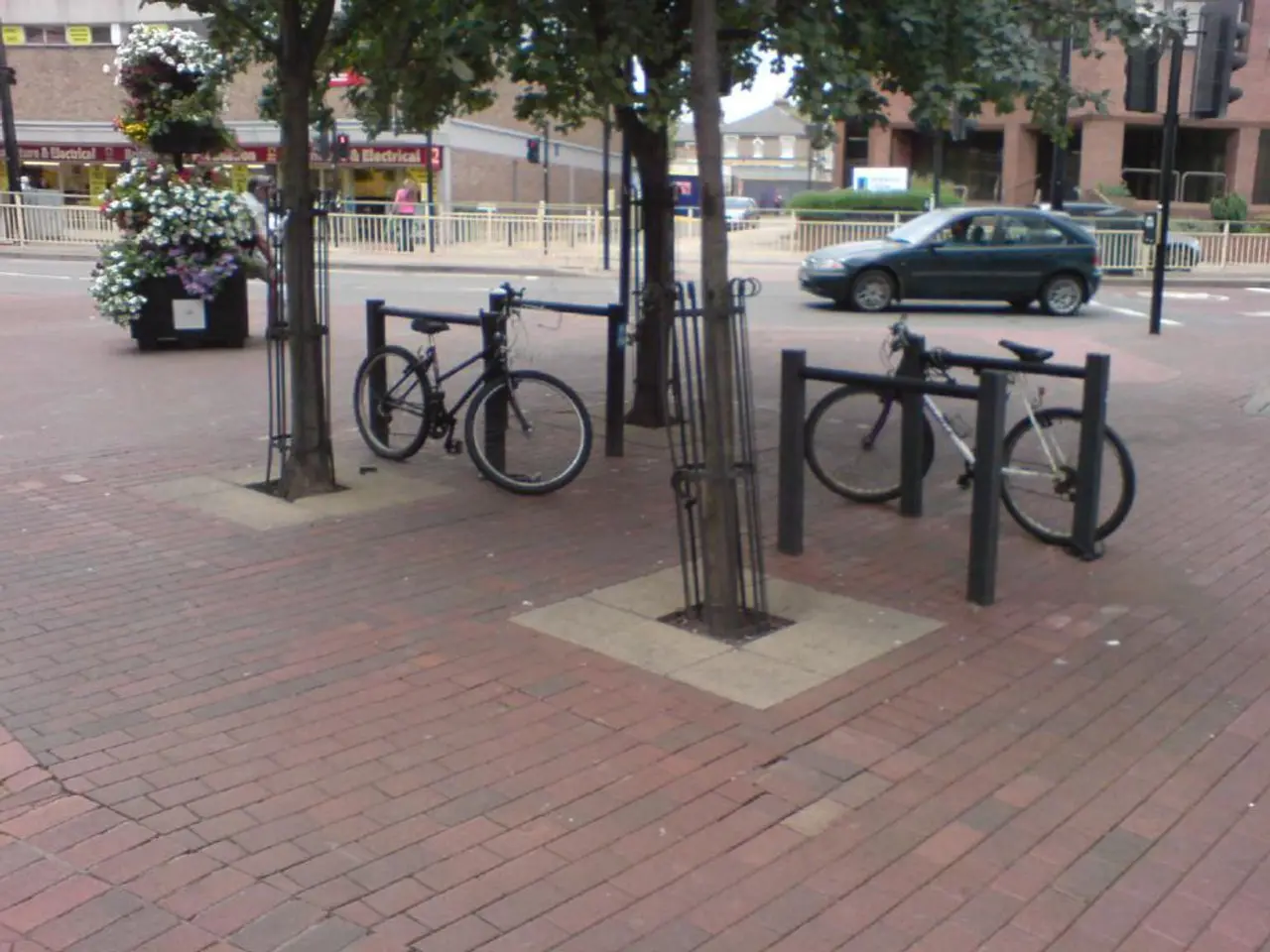Young Activists Employ Various Communication Platforms to Protect Cultural Heritage and Promote Social and Environmental Causes
In various corners of the world, young Indigenous leaders are making a significant impact in the fight for environmental justice, land defense, and women's empowerment. One such initiative, the Indigenous Youth Fellowship, is transforming the lives of youth from diverse Indigenous communities, empowering them to lead grassroots projects that utilize communication tools strategically.
Wara Iris Ruiz, a young Aymara woman from Bolivia, is one such leader. Committed to climate justice and biodiversity conservation, Wara's fellowship project, "Incubadora de periodistas indígenas en la resiliencia al cambio climático y la lucha contra la explotación indiscriminada de los territorios (PACA)", aims to strengthen journalism, environmental communication, and digital media skills among Indigenous youth.
Similarly, Musa Atebeta Obal, a 23-year-old nurse and community leader in the Democratic Republic of Congo, coordinates a collective of young Indigenous Batwa fellows. Through their efforts, they have identified issues affecting their community, such as land expropriation and rights violations.
Land Defense and Environmental Justice
The fellows conduct research and advocacy on land conflicts and Indigenous Peoples' vulnerabilities, blending scientific and journalistic methods to strengthen their communities’ capacity to resist dispossession. The fellowship supports Indigenous youth in promoting environmental communication and legal literacy to protect their territories, emphasizing local ecological knowledge and rights-based approaches.
Women’s Empowerment
Projects often center women’s voices and leadership within Indigenous communities, reinforcing the role of young Indigenous women as cultural and political agents, particularly through media and storytelling platforms that amplify gender-specific experiences and challenges.
Sustainable Impact
The fellowship strengthens leadership and technical skills, cultivates Indigenous rights awareness, revives Indigenous languages and traditions, and creates sustainable community structures for ongoing action and knowledge sharing. One illustrative example is Musa Atebeta Obal, who has become a trusted community advisor, providing support regularly to Indigenous members.
The impact of these youth-led initiatives has been recognized as creating critical "refuges" for Indigenous communities—spaces that preserve cultural identity while pushing for social, environmental, and gender justice.
The PACA Project
A key component of the fellowship is the PACA project, which aims to preserve and share knowledge, myths, testimonies, and community chronicles related to ecological and climate issues in Indigenous languages and Spanish. Born out of the urgent need to resist the violation of Indigenous sovereignty by private companies, whose actions often go undocumented or misrepresented in mainstream media, the project led to forming a community structure that continues to serve as a base for ongoing action.
Funding and Future
The Cultural Survival's Indigenous Youth Fellowship funds youth and youth groups to implement projects that enhance their leadership and technical skills while benefiting their communities. Looking ahead, the team aims to combine scientific and journalistic approaches to research topics like land conflict and the vulnerability of Indigenous Peoples. They also plan to support income-generating activities that help families invest in their children's education.
In summary, the Indigenous Youth Fellowship harnesses youth leadership for tangible impact by combining traditional knowledge with communication technology, fostering local leaders who defend Indigenous land rights, promote environmental sustainability, and empower Indigenous women within their communities.
- The Indigenous Youth Fellowship, focusing on environmental justice, land defense, and women's empowerment, is transforming the lives of young Indigenous leaders worldwide.
- Wara Iris Ruiz, an Aymara woman from Bolivia, is a leader in this movement, advocating for climate justice and biodiversity conservation through her project, "Incubadora de periodistas indígenas."
- Musa Atebeta Obal, a young nurse and community leader in the Democratic Republic of Congo, coordinates a collective of Batwa fellows who advocate for Indigenous land rights and resist dispossession.
- The fellowship supports these initiatives by strengthening leadership and technical skills, promoting environmental communication, and encouraging legal literacy among Indigenous youth.
- The fellowship's projects often center women’s voices and leadership within Indigenous communities, reinforcing the role of young Indigenous women as cultural and political agents.
- Looking ahead, the team plans to combine scientific and journalistic approaches to research topics like land conflict and the vulnerability of Indigenous Peoples, and they aim to support income-generating activities for community development and education.




